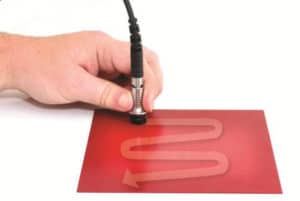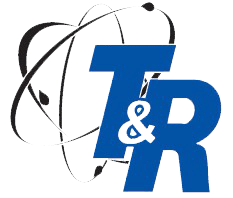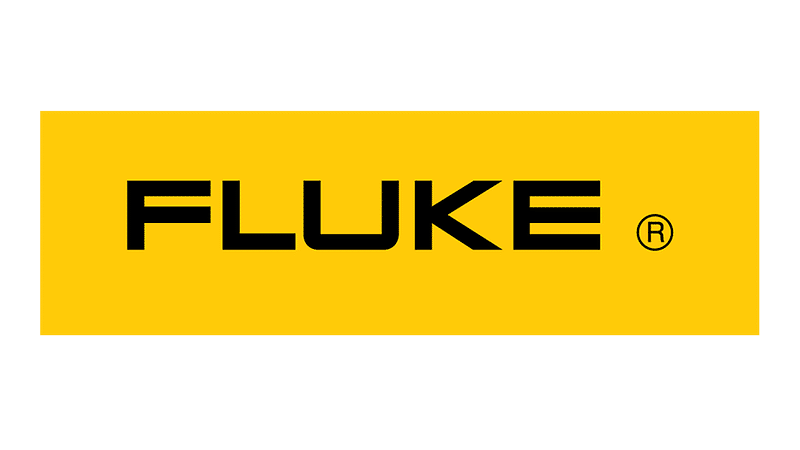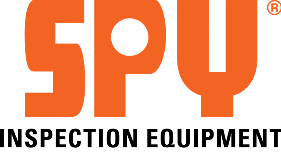- Bargain Basement
- Abrasive Blasting
- Adhesion
- Ambient Conditions
- Cases
- Cathodic Protection
- Coating Test Panels
- Coating Thickness Gauge
- Combination Gauges
- Compliance Programs
- Concrete Testing
- Corrosion Coupon Test Kits
- Dry Film Thickness Gauges
- Field Microscopes
- Gloss & Appearance
- Hardness Testing
- Holiday/Pinhole Detection
- Inspection Instrument Kits
- Miscellaneous
- Moisture Detection
- Powder Coating
- Publications
- Surface Cleanliness
- Surface Contamination Test Kits
- Surface Profile
- Wall Thickness Gauges
- Wet Film Thickness Gauges
The Ultimate Guide to Vapor Blasting: Benefits, Applications, and Equipment Overview
Vapor blasting (also known as wet blasting) offers numerous benefits for surface preparation across various industries and practices. Compared to dry blasting which generates dust and airborne particles, vapor blasting uses water in its mixture which provides benefits such as reduced dust and cleaner surfaces.
What a Good Coatings Inspector Needs to Know
Written by William D. Corbett, COO AMPP Senior Certified Coating Inspector & Certified Protective Coating Specialist Introduction The role of
Watch Our Free Surface Profile Webinar
Click on the image below to register for one of the open slots for this free webinar featuring KTA Chief
Measuring Peak Density Using Optical Grade Replica Tape
Introduction Most industrial and marine protective coatings rely on a mechanical bond to the substrate to remain attached while in
Surface Soluble Salt Measurement – Conductivity Verses Ion-specific Methods of Analysis
Chemical contaminants on a surface can include chlorides, ferrous ions, sulfates and nitrates, among other types of soluble salts. Chloride
Differences in Surface Profile Measurements: ASTM D4417- Method B vs. Method C
What is Surface Profile and Why is it Necessary? Surface profile is defined as a measurement of the maximum peak-to-valley
Calibration, Verification of Accuracy and Adjustment… Synonyms or Differences in Terminology?
“Do I have to maintain inspection gage calibration and certification? Why don’t they retain their calibration over time? Do I
What is a Base Metal Reading and How Does It Effect Coating Thickness Measurements?
For many in the health care/fitness industry, BMR is an acronym for basal metabolic rate. Sorry to disappoint if you
Using Scanning Probe Technology to Measure Coating Thickness
Introduction Coating thickness measurement is one of the most common quality assessments made during industrial coating applications. SSPC-PA 2, Procedure for
The Psychrometer Duel: Old School vs. New School
Why do we need to measure ambient conditions? Ambient conditions are the prevailing conditions of air temperature, the moisture content




























